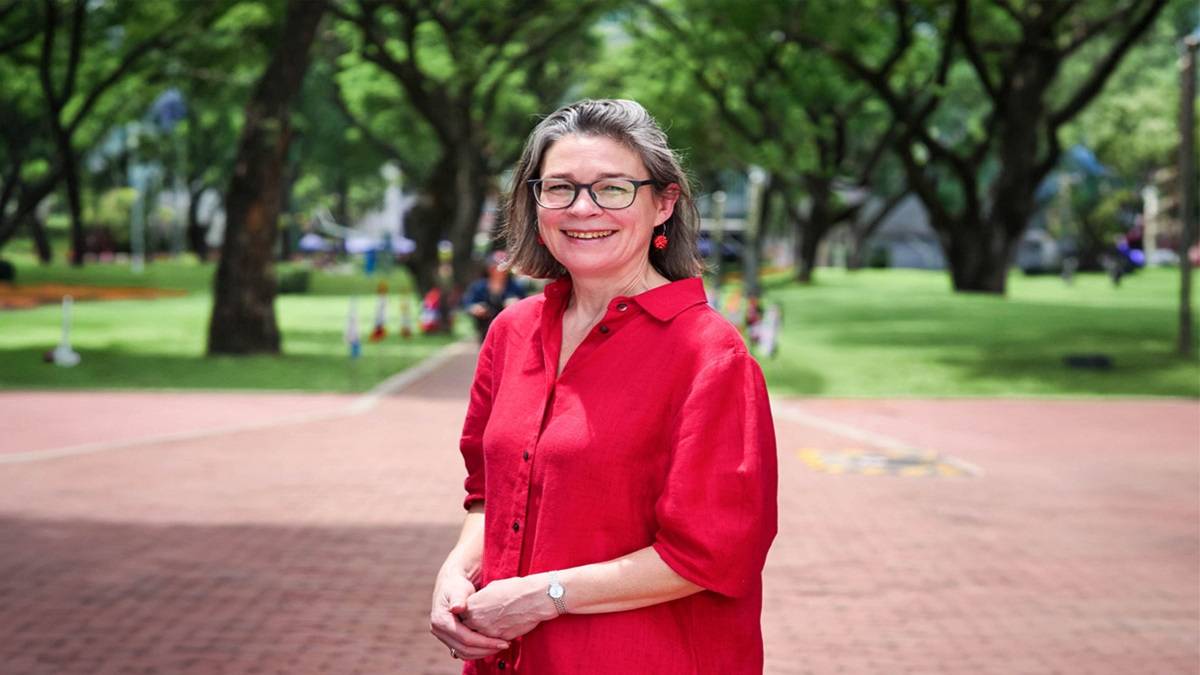RMIT University Highlights How International, Transnational Education Foster Regional Prosperity
Study in Australia: In her interview with the ATN Perspectives podcast, RMIT Deputy Vice-Chancellor of International and Engagement Saskia Loer Hansen said the transnational education programs in locations such as Singapore, India and Vietnam have provided reciprocal benefits.
In a wide-ranging interview on the ATN Perspectives podcast, RMIT Deputy Vice-Chancellor of International and Engagement Saskia Loer Hansen highlighted the significance of international education. She expressed the importance of transnational and international education in fostering regional prosperity.
She said that the unique educational collaborations and learning pathways prepare students for a global career.
“A global classroom is a classroom where you have students of different backgrounds, different experiences, brought together, learning about one another. That's the richness that comes from working with diversity, we all grow from having those experiences," she said.

RMIT's Transnational Education Programs Foster Regional Prosperity
The university's transnational education programs in other countries including Singapore, Vietnam and India provided reciprocal benefits, she said.
“It's something that complements and adds to [international onshore and domestic delivery] and creates opportunities for learners who often aren't able to come and study with us. Some of our partners, they are incredibly industry connected, they do fabulous activities, they are very advanced in their pedagogy and their ability to use technology. We should make sure we also take the time to learn from them to enhance and improve, and at times change, our practise at home in Melbourne," she added.
International Education Addresses Australia's Skills Demands
She also said that cross-sector collaboration and international education would help address Australia’s skills demands.
“[RMIT is] very much working collaboratively with government to figure out how best to do this in a way that retains Australia’s brand as a high quality and welcoming international education destination. It's about how we equip learners, irrespective of background, to work either in Australia or somewhere else in the world. At RMIT, we support the notion of managed growth [with regards to international education] … I think we can only address [skills demands] if we find a productive, positive way of addressing that balance between the talent we bring in, the talent we grow and the talent we'd like for the long term," she added.
Read more:
Pick your stage and get free guidance from counsellors who've helped thousands get into top universities.
 Starting research
Starting research Shortlisting colleges
Shortlisting colleges Exam preparation
Exam preparation SOP/LOR writing
SOP/LOR writing Scholarship & finance
Scholarship & finance Visa application
Visa application

